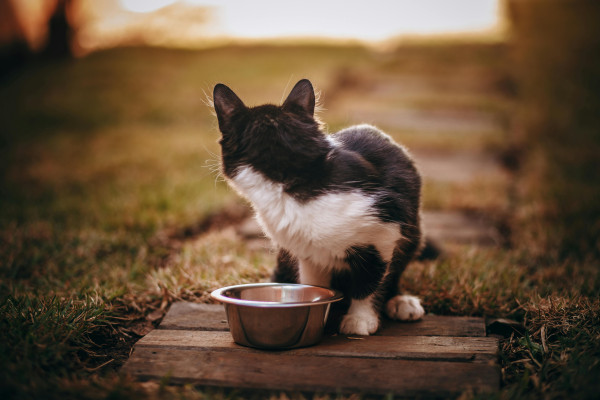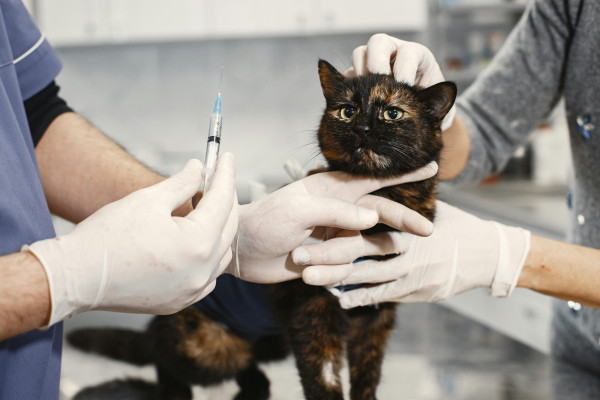
Trust on Trial: Recall and Lawsuit Risks Expand to Avian Influenza Claims
Folks who work in the human food or pet food industry have likely been keeping a close eye on global outbreaks of Highly Pathogenic Avian Influenza (HPAI) or bird flu that have been going on for the past couple of years. In the past year, there have been reports of pets being affected by HPAI H5N1.
More on Bird Flu and Pet Food
Pet food ingredients that are the highest risk for H5N1 contamination are raw meat and milk ingredients. The same manufacturing processes that will inactivate Salmonella, E. coli, and Listeria are also appropriate for viruses such as H5N1 in pet food manufacturing. Recently, the US Food and Drug Administration (FDA) Center for Veterinary Medicine (CVM) required pet food manufacturers to consider mitigation of H5N1 in their food safety plans, as they do for other common pathogens. With this new FDA requirement also comes the added responsibility to pet food manufacturers that utilize pet food processes other than extrusion cooking (kibble), retort cooking (cans, trays, and pouches), and baking (biscuits) to document in their food safety plans how H5N1 is accounted for in their pet food.
Failure by pet food manufacturers to adhere to the FDA-CVM’s requirement of accounting for pathogens, including H5N1, in their required food safety plans may ultimately lead to pet food recalls, pet illness, and even deaths. Suffice it to say that no pet food manufacturer embarks into this industry intending to harm pets; however, without the right risk mitigation and food safety planning, it is a stark possibility. The effects of harming pets related to a recall can be devastating to a pet food manufacturer’s success and even their continued existence.

Photo by Helena Lopes
Taking it To Court
Since December 2024, multiple pet illnesses and deaths have been reportedly linked to pet food recalls containing raw meat or milk ingredients contaminated with H5N1. In addition to the business risk of the recall itself—resulting in lost consumer confidence and even mistrust—the risk of individual or even class action lawsuits against pet food companies looms real.
In most jurisdictions, pets are considered property, and courts generally do not recognize their value beyond this. However, in some cases, a pet food lawsuit may entitle the prevailing party (or parties, in the case of a class action lawsuit) to other damages such as veterinary bills, compensation for emotional distress, and punitive damages, which are designed to punish the company for any wrongdoing and to help prevent future negligence as defined by the court.
Sometimes, these legal allegations do not go to trial in the case of individual lawsuits or get certified by a judge in the case of a class-action lawsuit. However, even when settlements are reached outside the courtroom by the defendant and plaintiff , this type of publicity can damage a brand irreparably. Grounds for such lawsuits may be that a company did not warn pet parents of risks involved with feeding the diet at a higher risk of pathogens, such as H5N1. Claims on pet foods that are in question, such as “healthy and safe” or similar, can also play into a plaintiff’s favor.

Photo by Gustavo Fring
The Final Verdict
Pet food companies have to take seriously the responsibility of ensuring the safety of their products. Not only is it a requirement of federal regulatory agencies; it’s vital to delivering safe and wholesome food to the furry friends we all love. The possibility of recalls or lawsuits can destroy a pet food brand’s reputation and even force them out of business.
Being a responsible pet food brand means implementing and adhering to a comprehensive food safety plan. Professionals such as those at BSM Partners can help pet food companies with all aspects of safe pet food formulation, testing, risk mitigation, and a robust food safety plan.
To learn more about H5N1 and pet food safety, tune in to our free webinar, “Navigating H5N1 Avian Influenza: Implications and Strategies for the Pet Food Industry.”
Follow us on LinkedIn for the latest updates on all things happening here at BSM Partners.
About the Author
Dr. Bradley Quest, DVM, is the Principal Veterinarian at BSM Partners. Dr. Quest is a leading innovator in the pet dental health products, having several decades of experience formulating in this category. He has practiced clinical veterinary medicine, developed and tested hundreds of pet food and health products, performs extensive animal health research, and helps navigate pet food ingredient approval for clients.
This content is the property of BSM Partners. Reproduction or retransmission or repurposing of any portion of this content is expressly prohibited without the approval of BSM Partners and is governed by the terms and conditions explained here.